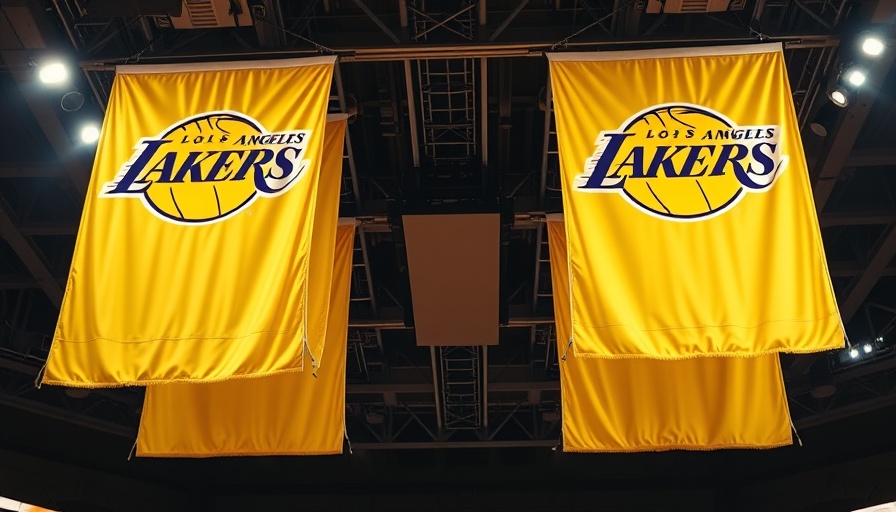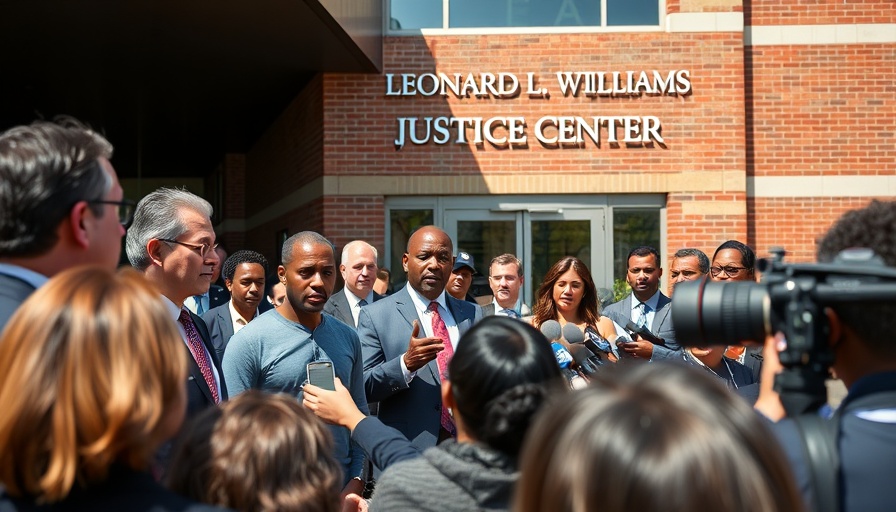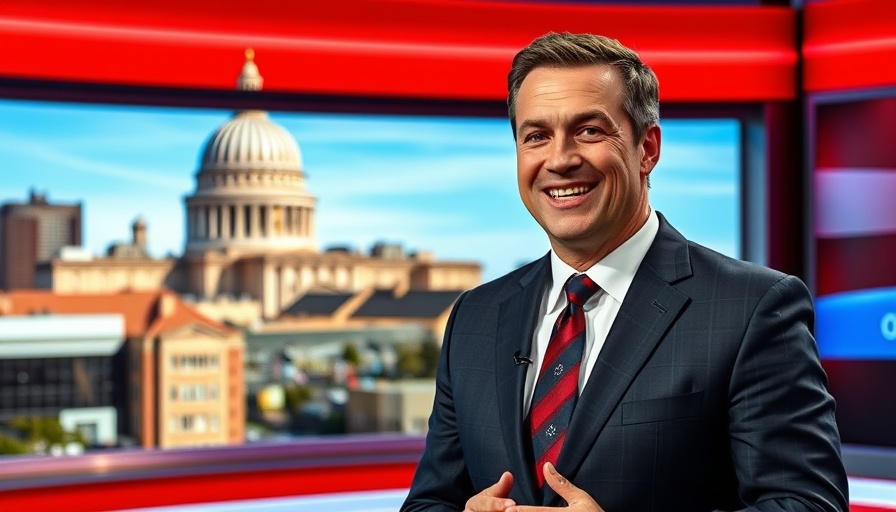
The End of an Era: A New Chapter for the Lakers
After nearly five decades, the iconic Los Angeles Lakers have officially passed from the familial control of the Buss family to a corporate ownership model, marked by an astounding $10 billion sale. This transformative decision exemplifies a shift in the sports landscape where franchises are increasingly managed by large investment firms rather than individual familial stewardship.
A Look Back at the Buss Family Legacy
Under Jerry Buss, who purchased the team in 1979, the Lakers rose to become one of the most recognizable teams not only in basketball but in sports history. Jerry Buss's unique approach promoted player autonomy, entertainment, and a family-oriented culture that attracted stars and fans alike. His children, particularly Jeanie Buss, kept that legacy alive, intertwining the family's identity with the Lakers' brand.
The Future with Mark Walter's Leadership
Mark Walter’s acquisition of a controlling stake signals a new strategy for the Lakers. Walter's leadership of Guggenheim Partners, which has managed the Los Angeles Dodgers successfully since 2012, bodes well for the Lakers' prospects. His reputation as a committed sports executive, eager to invest in building championship-caliber teams, raises expectations among fans eager for a return to glory.
The Evolving Landscape of Sports Ownership
Historically, family ownership has provided a personal touch in sports. This was evident in the Lakers' ability to foster loyalty among players and fans, leveraging the allure of Hollywood and an intimate understanding of the game. However, as franchise values surged—largely driven by lucrative media deals and rising ticket prices—investors with deeper pockets have begun to dominate.
Contrasting Family Ownership with Corporate Management
The transition from a family-owned to a corporately owned franchise invites numerous questions. Critics of corporate ownership point out potential detachment from the community, as financial motivations may outweigh the cultural and emotional bonds that family owners typically forge. Fans understandably may worry that profit margins could perpetuate decisions that detract from the sportsmanship and sentiment that once defined the Lakers.
Building a Competitive Team: What Lies Ahead
The vast resources of Guggenheim Partners, which reportedly manages portfolios worth $325 billion, signify that the Lakers may venture into the market for top free agents. Walter's commitment to amplifying the franchise's success reflects a broader trend where ownership does not hesitate to invest significant capital into the roster, training facilities, and other critical areas. This, however, raises a notable question regarding the balance of celebrity allure versus disciplined financial management in constructing a winning team.
Consumer and Fan Reactions: A Mixed Outlook
Fans have responded with a blend of optimism and skepticism. While many embrace the thought of a well-financed team that can compete at the highest levels, others lament the sentimental loss of a beloved family legacy. The challenge for Walter will be to retain the heart and soul of the Lakers while simultaneously infusing a modern approach to team management and fan engagement.
Final Thoughts: Embracing Change in American Sports
The shift away from the Buss family's stewardship may herald a new era for the Lakers, highlighting the increasing trend toward corporate ownership in American sports. As sports evolve, the balance between tradition and modernization remains tenuous. Nevertheless, the stakes are high. For fans and players alike, the key to future success will lie in forming a competitive, engaging, and win-oriented culture that retains the enchanting spirit that once defined the Lakers.
 Add Row
Add Row  Add
Add 



 Add Row
Add Row  Add
Add 
Write A Comment